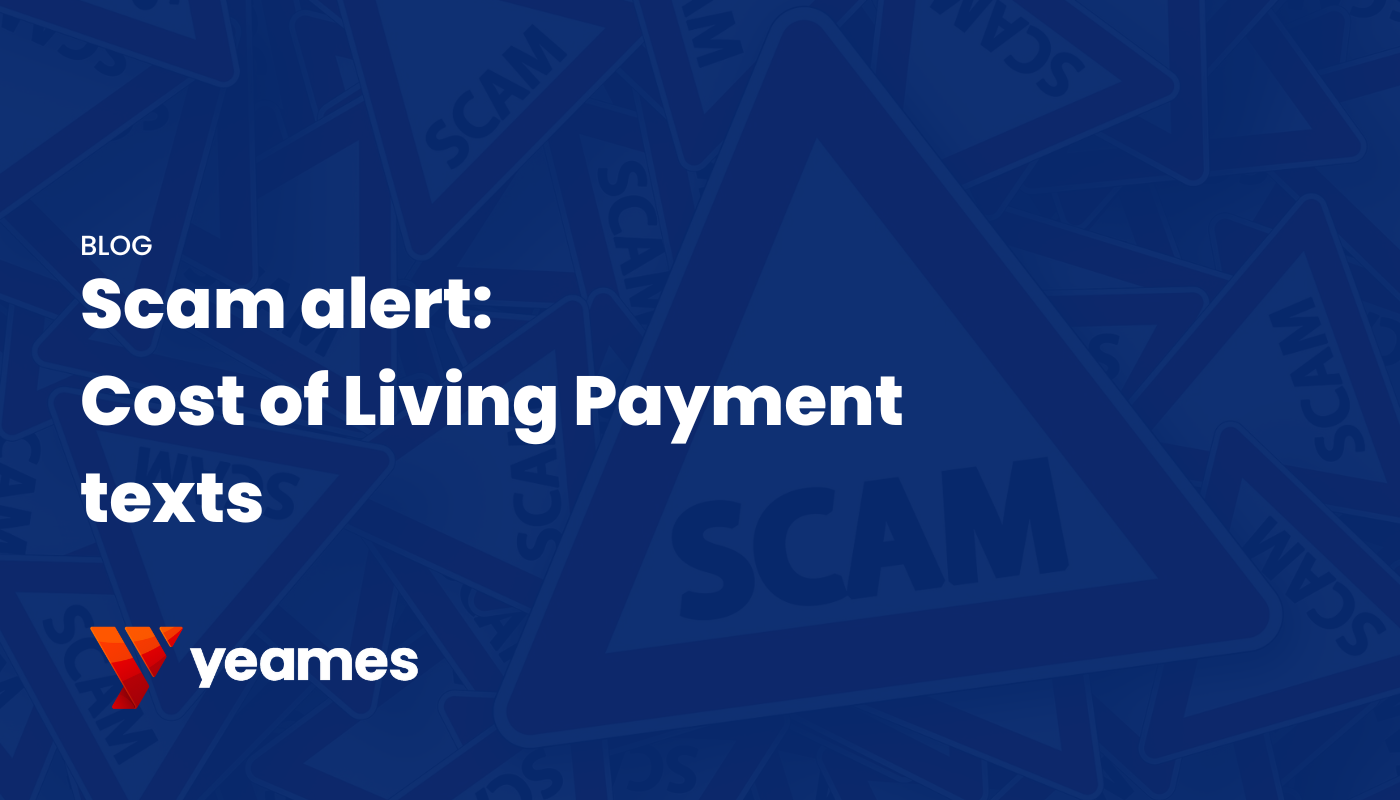Wingham Country Market's Solar Energy Solution: A Sustainable and Cost-Effective Approach
Client: Annette, Wingham Country MarketLocation: Wingham, Kent

The Cost of Living Payment, a scheme that sees families hardest hit by the current cost of living crisis provided with a one-off payment designed to help with covering high energy costs this winter, has become the subject of a text scam, which takes advantage of public awareness of the scheme to extract personal information and bank details from unsuspecting victims.
The Department of Work and Pensions (DWP) has taken to twitter and their official communications channels to inform the public of the scam in question, where the fraudster pretends to be the government asking the unsuspecting recipient of the text to claim their cost of living payment through an application form, linked in the text.
In the tweet in question, the DWP stated:
Watch out for scammers targeting people about #CostOfLiving payments. If you're eligible you do not need to apply for the payment, you do not need to call us, payment to you is automatic, we will never ask for personal details by SMS or email.
It may seem a given for many of us not to trust such a text, however, it’s not as easy for some members of the UK public, particularly the elderly or vulnerable. It’s important to be aware that scams come in all guises, and not only be aware of them yourself, but also inform those family and friends who might be particularly susceptible or trusting of information presented to them.
Awareness is the best form of prevention with such scams, and so the best way to prevent any negative outcome from such attacks is to ensure you and your loved ones are aware of them and know not to respond to them.
If you’ve received a text you believe to be suspicious, do not click any links contained within. Ignore and delete it, ideally blocking the number too. If the message claims to be urgent, call the company helpline using the number on their website, not the number in the suspicious text or communication.
A legitimate company will never ask for your personal information in a text or email. Suspicious texts, emails, and any other form of scam communication can also be reported to Action Fraud, a branch of the police, on their website.
In keeping with the guidelines above, Yeames will never ask you for sensitive information via text or email. Please call the number provided on our website if you wish to discuss your solution or to report any suspicious activity from someone pretending to be Yeames.

Client: Annette, Wingham Country MarketLocation: Wingham, Kent

Case Study: Shivering Sands Brewery's Solar Energy Solution

Case Study: Cold Harbour Police Station Solar Energy Solution